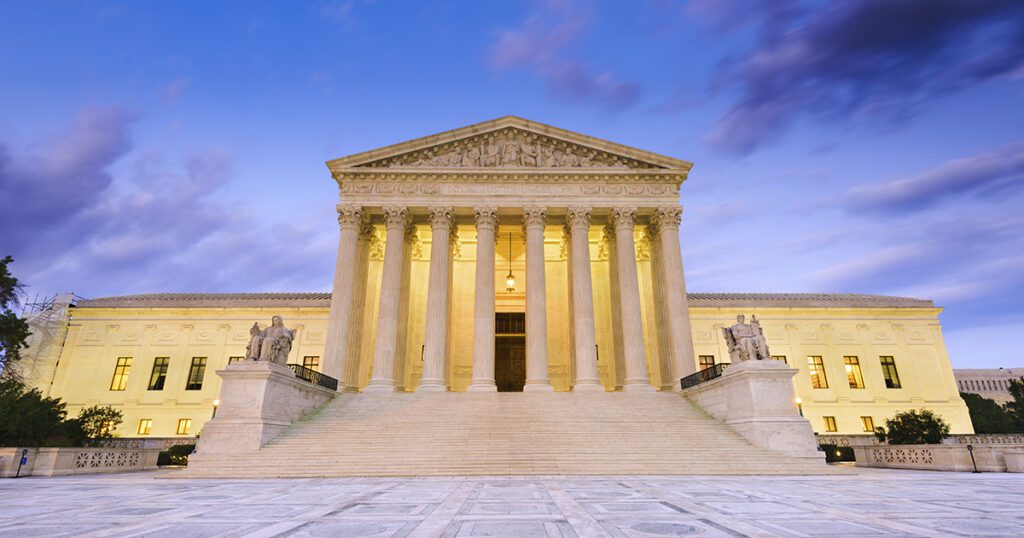Understanding the PUMP Act and PWFA
In late 2022, Congress signed two acts relating to pregnant employees into law: the Providing Urgent Maternal Protections for Nursing Mothers (PUMP) Act and the Pregnant Workers Fairness Act (PWFA). Below is a summary of the new obligations placed on employers by these acts.
The PUMP Act became immediately effective upon signing on December 29, 2022. It requires employers to provide reasonable nursing/pumping breaks for lactating employees for up to two years after the child’s birth. The PUMP Act expanded the previous rights under the Fair Labor Standards Act (FLSA), which had covered unpaid nursing/pumping breaks for one year for hourly employees. The PUMP Act amends the FLSA by requiring the breaks be paid for the time spent nursing/pumping unless the employee is relieved of all their duties during the entire break. The PUMP Act also requires employers to provide lactating employees a clean private place to nurse/pump other than a bathroom. The PUMP Act also created a private right of action for employees if employers do not abide by the Act’s expanded requirements. This private right of action will become effective on April 28, 2023, and remedies include back/front pay as well as compensatory and punitive damages, including attorney’s fees. The PUMP Act applies to all employers, though employers with less than 50 employees are not subject to the Act if it would pose “undue hardship,” which is analyzed on a case-by-case basis.
The PWFA will become effective on June 27, 2023. The PWFA essentially expands the Americans with Disabilities Act (ADA) requirements of providing disabled employees reasonable accommodations to pregnant, postpartum, or lactating employees. Additionally, under the PWFA, employers may not force pregnant employees to take early leave if the pregnant employee can perform the essential functions of the job and there is an alternate reasonable accommodation other than leave available. Like the PUMP Act, the PWFA has a private right of action for employees if employers do not abide by the Act’s requirements. Remedies include back/front pay and injunctive relief as well as compensatory and punitive damages, including attorney’s fees. The PWFA applies to all employers with fifteen or more employees and does not have a hardship exception.
Pay Transparency Laws
While South Carolina has not currently passed any pay transparency laws, several other states, including California and New York, have recently enacted pay transparency laws that could potentially effect employers who either employ remote workers in those states or have job postings with a national reach. Some pay transparency laws apply to employers who have as little as one remote worker working in the state. Most of these laws require employers to post a “good faith” salary range for all jobs they advertise that could reasonably be filled in the state. As these laws develop, it is important to understand their potential impacts on job postings, particularly for remote positions.






